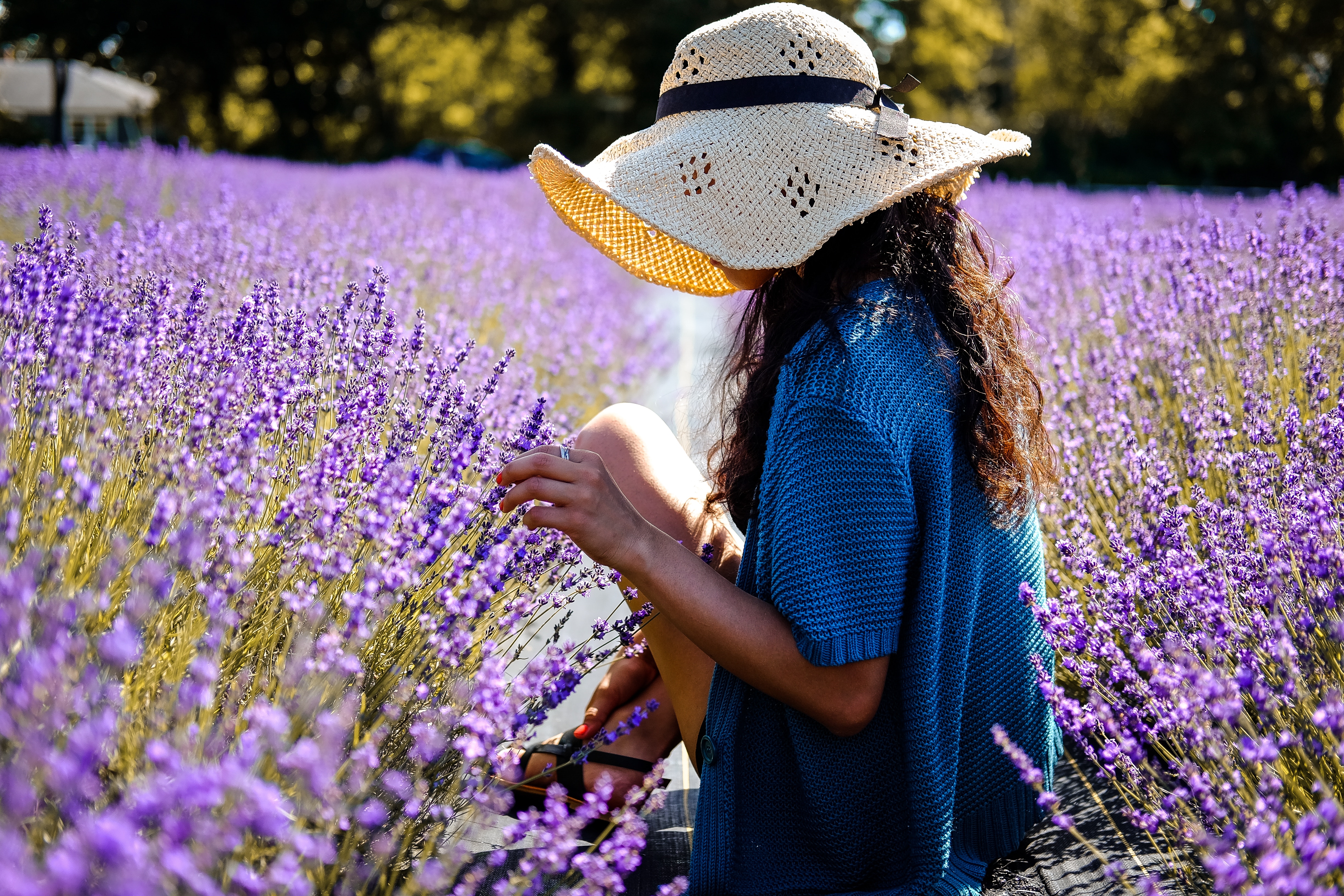Stress is a major problem in our society with our busy lives.
Here are some Stress Management Techniques for you to try:
Journalling
Spending some time every day writing out your thoughts can help to relieve stress. You can use journalling to list the things you’re grateful for, this is known as gratitude journalling. Also you can use it as a “brain dump” to get all of your thoughts and ideas out of your head to soothe your mind. You can use “ever since” journalling to describe your life after you reach your goals.
Reading
It’s one thing to read to learn something that you have to learn, or to advance your knowledge. And, you can also read for pure pleasure. To get caught up in a story and just relax.
Colouring
Colouring books are all the rage! When you colour in pages with lots of detail and tiny areas, it helps you to relax. Something that can take you hours. You can always opt for something simple, like kids colouring pages too. The idea is the same. Repeated movements and focusing on the art you’re creating can help to clear your mind.
Knitting or crocheting (or other crafts)
Knitting, crocheting or other yarn activities are a great way to de-stress; this is a skill that comes in all levels from beginner to advanced. You can choose a quick little rectangular scarf to make, or a detailed sweater. You can choose the pattern, size, and yarn. Once you get into the flow of these skills, they’re great to do when you’re feeling stressed. Not only can they relax your mind to focus on your work, but you can end up warming yourself or others with the products you create.
Gentle exercise
Gently moving your body is another great way to de-stress. Activities that are slower and less intensive are ideal. Things like walking, yoga, stretching, or tai chi can all be great ways to relax your mind and improve your strength and balance at the same time.
Sleep in or take a nap
A common cause of increased stress hormones is lack of sleep. Too little sleep and too much stress go hand-in-hand. So, getting enough good quality sleep is important to help you break free from stress without having to meditate.
Pamper yourself
Maybe you love getting massages or mani/pedi’s? Maybe you love a long bath or lighting candles? Perhaps you can add your favourite relaxing music to the mix for a pampering evening? Spending some time to pamper yourself regularly is great for your mind, body, and spirit.
Spend time in nature
You don’t have to head away for vacation to relax in nature. While a calm beautiful beach or cabin in the woods may be amazing, you don’t have to go that far. Even spending time on the grass at your local park or playground, or walking on a wooded trail in your neighbourhood can do the trick.
Make time for people and pets you love
It’s so important to spend time with family, friends, and pets whom you love. New research is coming out about the health issues related to loneliness. Reach out and plan to hang out with your besties, or even offer to take your neighbour’s dog for a walk in the park.
Conclusion
Stress reduction is the goal. Try journalling, reading, colouring, knitting/crocheting, gentle exercise, sleep, pampering yourself, spending time in nature, and making time for people and pets you love.
Have other great ideas? Let me know what helps you de-stress in the comments below.
Recipe (calming): Lavender Essential Oil
Instructions to inhale directly
Add up to 6 drops of undiluted essential oil to a handkerchief/tissue and inhale occasionally. Use up to 3 times per day.
Instruction for steam inhalation
Add 3 – 12 drops of undiluted essential oil to a bowl of steaming water. Inhale slowly and deeply for 5 – 10 minutes. Use up to 3 times per day.
Tip: Lavender isn’t the only calming essential oil. You can also use angelica, balsam, benzoin, bitter orange, cedarwood, celery, chamomile, cornmint, cumin, curry, frankincense, grapefruit, jasmine, juniper, labdanum, laurel, lemongrass, marjoram, nutmeg, palmarosa, parsley, patchouli, peppermint, rose, rosewood, sage, sandalwood, scotch pine, spearmint, star anise, sweet basil, sweet orange, thyme, or ylang ylang.
References:
http://www.precisionnutrition.com/getting-control-stress
http://www.healthline.com/nutrition/16-ways-relieve-stress-anxiety
https://www.health.harvard.edu/blog/the-power-and-prevalence-of-loneliness-2017011310977
https://nccih.nih.gov/health/stress/relaxation.htm
https://www.dietvsdisease.org/do-essential-oils-work/
https://www.ncbi.nlm.nih.gov/pmc/articles/PMC3612440/
http://relaxlikeaboss.com/relaxation-techniques/
http://webprod.hc-sc.gc.ca/nhpid-bdipsn/atReq.do?atid=aromatherap&lang=eng
Photo by Frank Marino on Unsplash
For more information on stress management, contact Kate here.





About the author